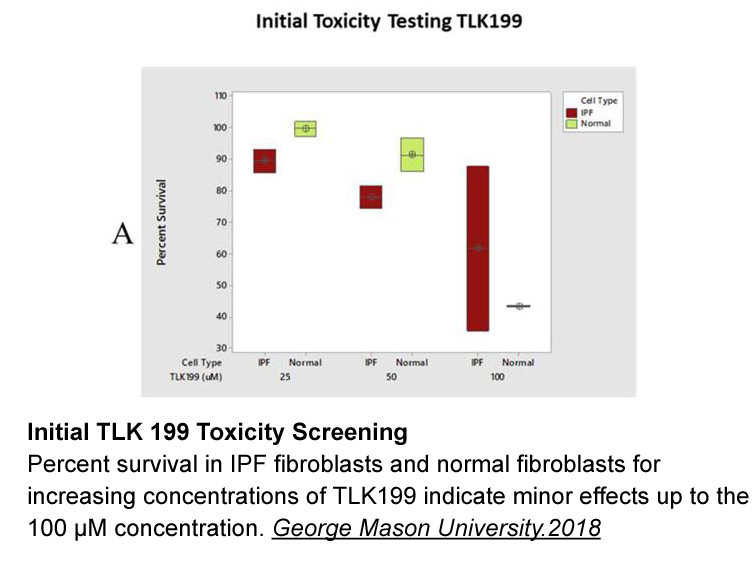Archives
Four polymorphic variants of Neil
Four polymorphic variants of Neil1, namely, S82C (rs5745905), G83D (rs5745906), C136R (rs5745907) and D252N (rs5745926) were characterized by Roy et al. in 2007 (Table 1). Analyses of AP site incision on Tg containing oligonucleotide showed that S82C and D252N variants had wild type activity and carried out δ-elimination reaction while G83D produced β-elimination product rather th an βδ-elimination product. This activity was reduced in C136R variant enzyme. Glycosylase activity was not found in G83D and C136R variants while S82C and D252N carried out normal wild type activity. Similar to the Arylquin 1 receptor glycol-containing oligonucleotides, G83D variant could not excise Fapy-A, Fapy-G and 8-OH-G (Roy et al., 2007).
Recently, Prakash and his colleagues characterized two other variants (P208S and ΔE28) along with two previously characterized variants (S82C and G83D) of this gene (Table 1). Efficiency of enzyme to remove pyrimidine-derived lesions such as, Tg, 5-OHU and DHU, and the purine-derived Gh, Sp1, and methylated 2.6-diamino-4-hydroxy-5-formamidopyrimidine (MeFapyG) was analyzed. G83D variant was found to have no glycosylase activity with Tg as substrate while it had highly reduced activity (3–8 fold) with 5-OHU, DHU and MeFapyG. But it catalyzed Gh and Sp1. S82C, ΔE28 and P208S showed wild type activity for all the substrates except Tg (S82C and ΔE28 had 2–3 fold reduced activity) (Prakash et al., 2014).
RNA editing from A to I by adenosine deamination creates NEIL1 variants. These variants contain either an Arg or Lys at position 242 in the lesion recognition loop and have different substrate specificities (Hegde et al., 2008, Hu et al., 2005, Wiederhold et al., 2004, Muftuoglu et al., 2009, Yeo et al., 2010, Nghiem et al., 1988, Tominaga et al., 2004). NEIL1-K242 was characterized and is found to form more flexible loop region than R242. It cleaves Tg 30–40 fold faster than R242 form (Prakash et al., 2014).
an βδ-elimination product. This activity was reduced in C136R variant enzyme. Glycosylase activity was not found in G83D and C136R variants while S82C and D252N carried out normal wild type activity. Similar to the Arylquin 1 receptor glycol-containing oligonucleotides, G83D variant could not excise Fapy-A, Fapy-G and 8-OH-G (Roy et al., 2007).
Recently, Prakash and his colleagues characterized two other variants (P208S and ΔE28) along with two previously characterized variants (S82C and G83D) of this gene (Table 1). Efficiency of enzyme to remove pyrimidine-derived lesions such as, Tg, 5-OHU and DHU, and the purine-derived Gh, Sp1, and methylated 2.6-diamino-4-hydroxy-5-formamidopyrimidine (MeFapyG) was analyzed. G83D variant was found to have no glycosylase activity with Tg as substrate while it had highly reduced activity (3–8 fold) with 5-OHU, DHU and MeFapyG. But it catalyzed Gh and Sp1. S82C, ΔE28 and P208S showed wild type activity for all the substrates except Tg (S82C and ΔE28 had 2–3 fold reduced activity) (Prakash et al., 2014).
RNA editing from A to I by adenosine deamination creates NEIL1 variants. These variants contain either an Arg or Lys at position 242 in the lesion recognition loop and have different substrate specificities (Hegde et al., 2008, Hu et al., 2005, Wiederhold et al., 2004, Muftuoglu et al., 2009, Yeo et al., 2010, Nghiem et al., 1988, Tominaga et al., 2004). NEIL1-K242 was characterized and is found to form more flexible loop region than R242. It cleaves Tg 30–40 fold faster than R242 form (Prakash et al., 2014).
Polymorphism and diseases
Reports of association of variants in NEIL1 gene with many diseases e.g., cancer and aging are available which show the importance of polymorphism study of this gene in predicting the risk of diseases and for personalized therapy (Table 2) (Shinmura et al., 2004).
Two uncommon NEIL1 SNPs (Pro208Ser and Arg339Gln) were found in patients with colorectal adenomas. Arg339Gln variant was also found in a normal healthy individuals. Neither of these variants was characterized functionally (Wallace et al., 2012).
Two polymorphic variants c.719-80delT+c.719-82T4G (intronic) and Gly245Arg (nsSNP) were identified in Chinese gastric cancer patients and three mutations (c.82_84delGAG:p.Glu28del, c.936G>A and c.1000A>G:p.Arg334Gly) were identified in Japanese gastric cancer patient and gastric cancer cell lines. The effect of these mutations was studied by constructing recombinant protein and analysing their expression and activity on substrate. Protein resulting from Gly28Del mutant exhibit reduced activity to cleave substrate. c.936G>A was found to cause splicing abnormality. This leads to the production of an aberrant mRNA transcript encoding a truncated NEIL1 protein. Truncated NEIL1 protein was localized in cytoplasm which depicts that the c.936G>A-type truncated protein could not repair nuclear DNA. This also showed a reduction in NEIL1 mRNA expression. Gly245Arg showed wild type activity with Tg containing oligonucleotide substrate (Shinmura et al., 2004).
Polymorphism study to determine association of variants with squamous cell carcinomas of the oral cavity and oropharynx (SCCOOP) was performed by Zhai et al. in 2008. Two variants of NEIL1 (rs7182283 and rs4462560) were analyzed in 872 patients and 1044 cancer-free controls. No SNP was found to be significantly associated with the risk of cancer. Neither genotype nor haplotype showed difference in patients and controls (Zhai et al., 2008). No variants of NEIL1 were identified in gastric cancer patients with 8-hydroxy-2-deoxyguanosine accumulation and low inflammatory cell infiltration (Goto et al., 2008). Same year, another study characterized NEIL1 variants in 167 unrelated patients with multiple colorectal adenomas with family history and 300 normal healthy individuals. No variant was found to have significant association with multiple colorectal adenomas (Dallosso et al., 2008).